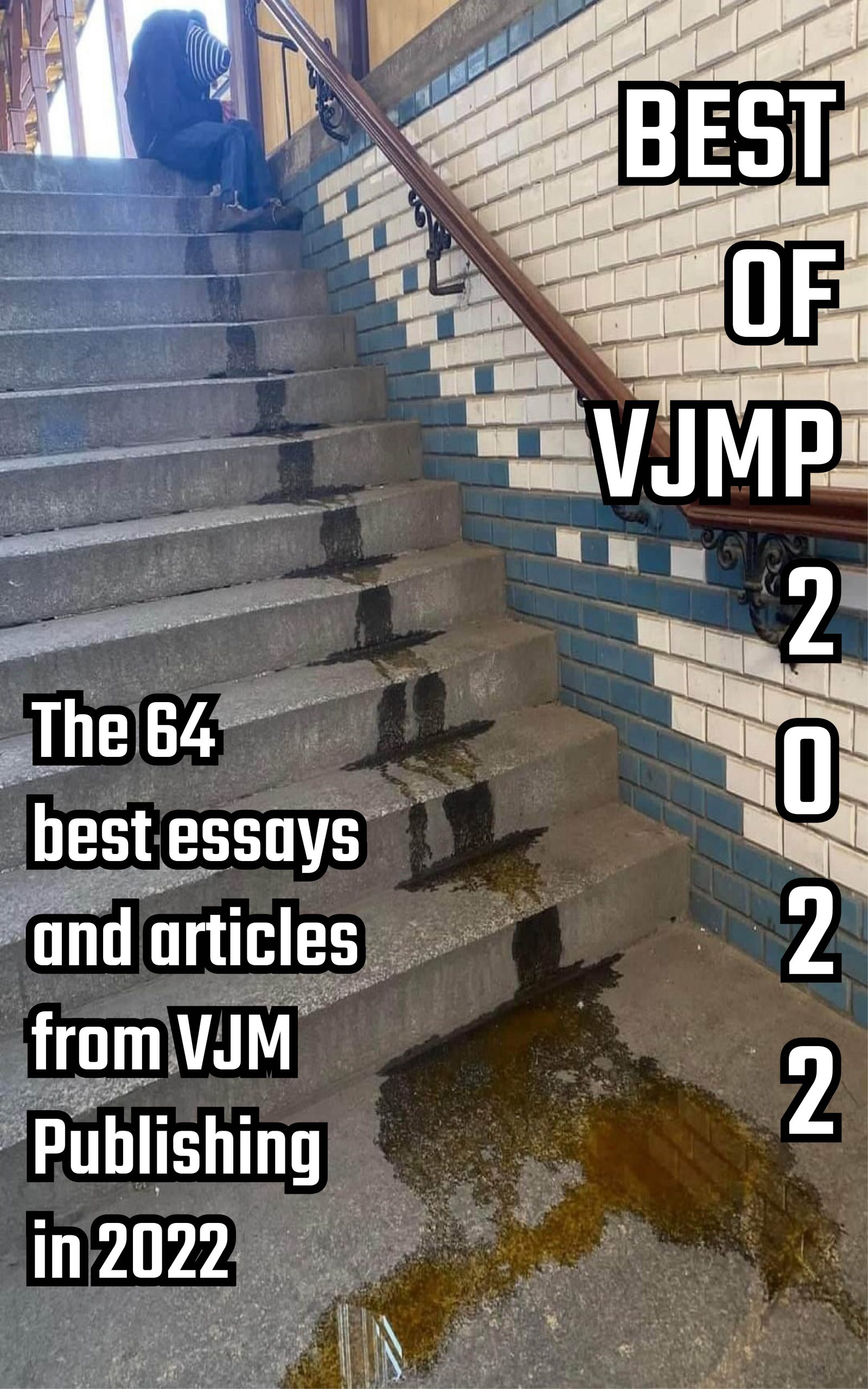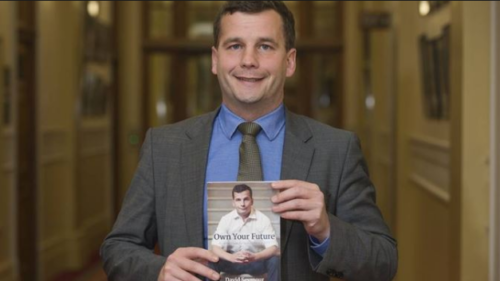
64. VJM Publishing – Happy To Admit We’re Propagandists!
63. Most Westerners Are Now Slaves
62. Loser Syndrome
61. How Far Would House Prices Need To Fall For Young People Today To Have It As Good As The Boomers Did?
60. An Eternal Invitation
59. A System That We Can All Be Proud Of
58. Why Are Gang Members Platformed While VJM Publishing Is Cancelled?
57. Learnings From The Truckers’ Convoy And Parliament Lawn Protests
56. The Path Of Self-Inquiry
55. Analysis Of A Media Hatchet Job: Nadine Porter’s Hit Piece On Hannah Spierer
54. Enemies Of The New Zealand Nation II: The Astor Foundation
53. Why Don’t Leftists Support The Truckers?
52. The Vital Experiment
51. The Purpose Of Mass Immigration Is, And Always Was, To Suppress Wages
50. The Cosmic Penitentiary
49. What We Need For A Successful Revolution To Be Possible
48. The Condition of Seeking
47. If You Want An Alliance To Work, Leave Out The Christofascists
46. Arriving At The Beginning
45. What The Sweden Democrats’ Electoral Success Could Mean For Nationalism Elsewhere
44. The Awakening Of The Heart
43. Whose Baby Is It Anyway? The Ethics Of Child Upliftment
42. Dear FaceBook: A Break-Up Letter
41. Humour Is The Antidote To Mass Psychosis – That’s Why Totalitarians Want To Ban It
40. The Power Of Preconception
39. Mythologising Retirement
38. An Exhaustive List Of All The Times Clown World Chronicles Mentions ‘Jew’, ‘Jews’ or ‘Jewish’
37. Are (You) A Domestic Terrorist?
36. The Dual Aspect Of Self
35. Let Them Dock!
34. Explaining The Abrahamic Obsession With Anti-Racism And Anti-Nationalism
33. Ranks Of The Soldiers Of The Information War
32. If Darkness Ruled
31. Nationalists Won 10% in Aussie – Could They Do The Same in New Zealand?
30. Suggestions For Celebrating Matariki
29. Why Kiwis Hate The Police III
28. Growing Up Half Asleep
27. Your Fear Is Their Power
26. Anatomy Of A Shitfight
25. VJMP Anzac Day Address 2022: A Foundation Myth for the Anzac Nation
24. Reclamation
23. How They Bred Us For Docility
22. Own Or Be Owned
21. Three Political Axes More Useful Than Left Vs. Right
20. The Subtle Trap Of Misunderstanding
19. The Basics Of Understanding White People
18. Valuation
17. Why You Incarnated Here
16. What Is Meditation?
15. Left-Wing Nationalism, Right-Wing Nationalism, Left-Wing Globalism and Right-Wing Globalism
14. Why Parliament Is Full Of Abusers
13. The Three Layers Of The Control System
12. Who Should I Be?
11. Why The Government Lets Violent Criminals Run Rampant
10. Anti-Racism Viewed From The Working Class
9. Equatorial Mentality Vs. Polar Mentality
8. Experiments Toward Self-Discovery
7. Biology Denial
6. The Mainstream Media Is The Enemy Of The People
5. Diversity Fatigue
4. VJMP Predicts 2023
3. Understanding Nationalism vs. Globalism Is The Key To Understanding The Political Landscape of 2022
2. Genetic Infrastructure
1. 10 Years Of VJM Publishing On Amazon – And The Plan For The Next 10 Years



